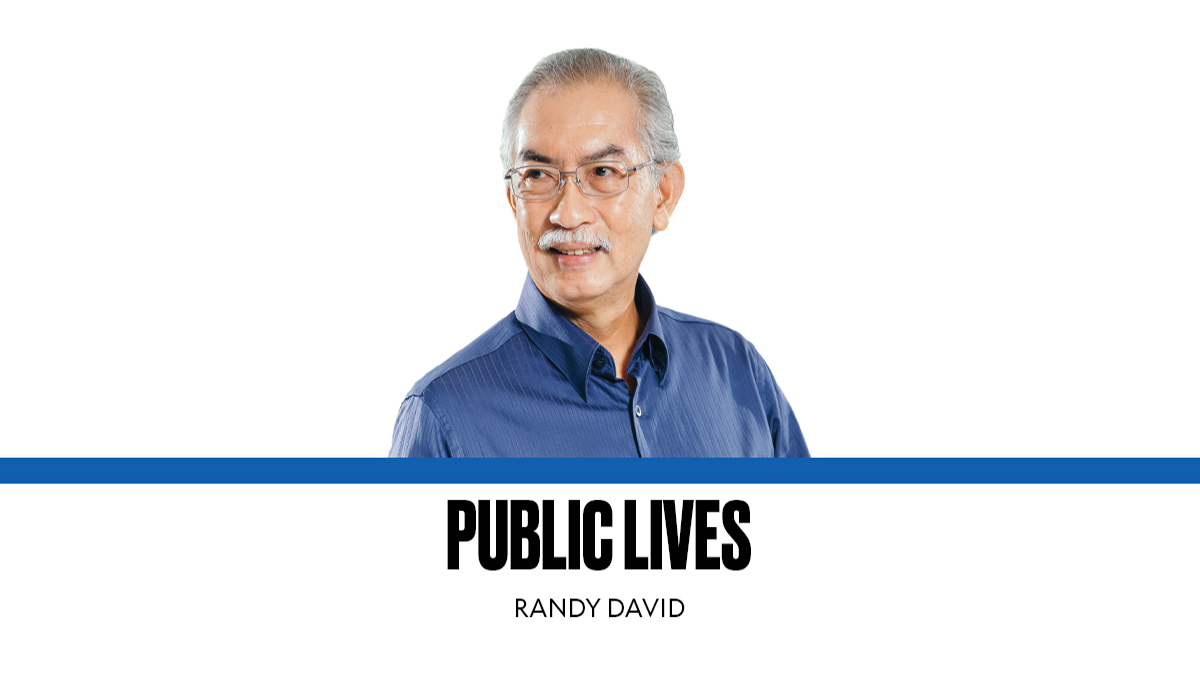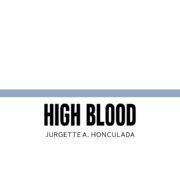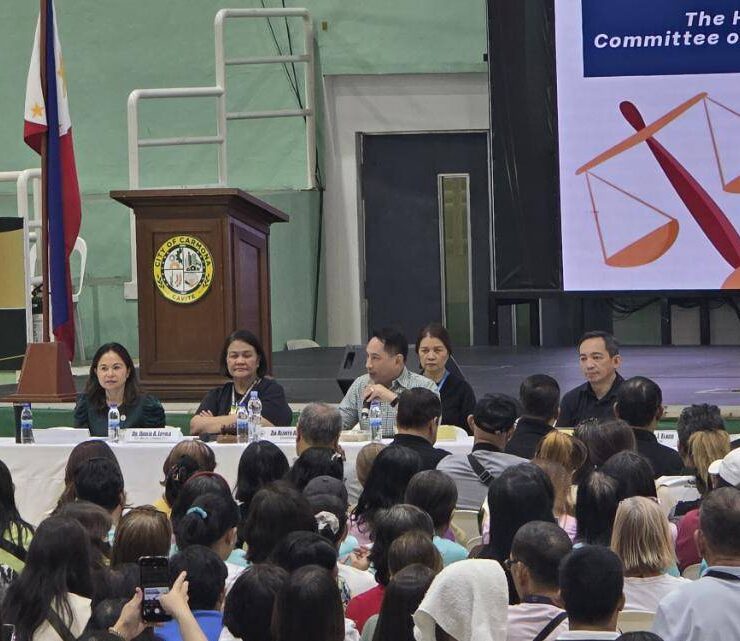The sociology of corruption

In sociology, corruption has a straightforward definition. When it involves government officials and employees, corruption simply means the failure to distinguish between the interests of the government and those of other entities in society, such as family, private businesses, religious institutions, or political parties. In other words, it is the inability to separate one’s duties as a public official from personal obligations in various social relationships.
This sociological view aligns with prevailing legal definitions of corruption. A clear example can be seen in Republic Act No. 6713 or the Code of Conduct and Ethical Standards for Public Officials and Employees. Unfortunately, this law is more honored in the breach than the observance.
Commonly known as the “SALN law” because of its requirement that all public officials annually submit a statement of assets, liabilities, and net worth, this 1989 legislation has a broader scope than just financial declarations. For instance, it mandates that every public servant declare under oath “all relatives in government service within the fourth degree of consanguinity or affinity.”
The law is also filled with admonitions and guidelines meant to steer ethical conduct in public office. Examples include:
- Section 4(a) Commitment to public interest: Public officials and employees shall always uphold the public interest over and above personal interest.
- (b) Professionalism: They shall endeavor to discourage wrong perceptions of their roles as dispensers or peddlers of undue patronage.
- (c) Justness and sincerity: They must avoid granting unfair advantages to their relatives except in positions considered strictly confidential or personal staff roles.
- (d) Political neutrality: Public officials and employees shall provide service to everyone without unfair discrimination and regardless of party affiliation or preference.
Like our Constitution, RA 6713 is a modernist document that, almost at every point, clashes with the tradition-bound political system that exists in our country today.
Despite our claim to being a modern democracy, our government operates as a patronage system at nearly every level, where the family reigns supreme as the fundamental unit. This is also evident in business to some extent, where family influence persists despite the adoption of modern corporate structures.
But while the economy shifts toward professional management as it becomes more integrated into the global order, the movement toward professional governance remains elusive in politics.
Indeed, there has been some retrogression in our political life. If we look back at the early years of the Filipino nation-state, from the Commonwealth period to pre-martial law, one would note that greater effort was made during that time to separate family and state. It was considered the height of impropriety for a politician to promote a relative as a successor or to run for office alongside a spouse, child, or sibling.
The feudal value of noblesse oblige—the notion that those in high positions had a moral duty to act nobly—manifested in our culture as delicadeza (Sp.) or delikadesa (Fil.), meaning a sense of refinement or, in Filipino, kapinuhan. This cultural norm once served as a strong check on the abuse of power, reinforced by a pervasive sense of hiya (shame). One did not hear people justifying unethical or immoral actions by simply claiming, as they often do today, “It’s not illegal, so it’s permitted.”
Long before ethical conduct was enshrined in our statutes, a shared moral code quietly governed the behavior of most of our political leaders, even as they also had their own flaws. Today, we are facing a crisis because, while we have an abundance of modern laws, the moral culture that should underpin them has eroded.
As the Italian philosopher Antonio Gramsci once said, “The crisis consists precisely in the fact that the old is dying and the new cannot be born; in this interregnum, a great variety of morbid symptoms appear.”
Corruption is rampant in our institutions, yet many people fail to recognize it as such. To them, giving preferential treatment to relatives, close friends, or political allies, or taking bribes or kickbacks so one can have money to assist the needy, is not corruption—it’s simply part of the system. Those who understand the situation but have given up hope for a better society may sometimes shrug and say, “It is what it is.”
But unless we acknowledge this as the root of our nation’s persistent crisis—why we lag behind countries that once looked to us for solutions—there is no way we can pull ourselves out of the rut in which we are stuck.
—————-
public.lives@gmail.com





















